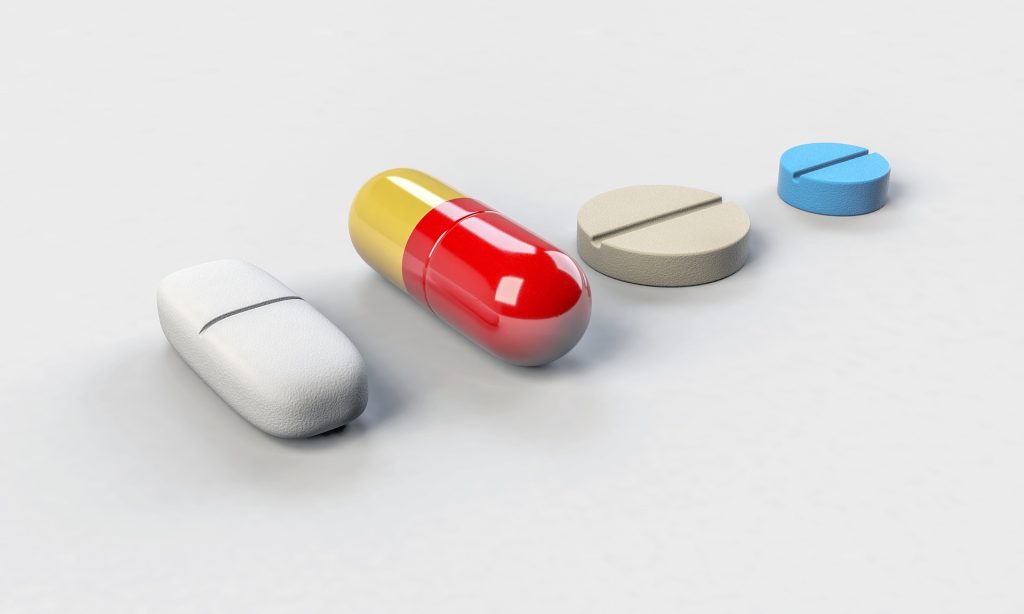Let’s delve into the world of Avandia (Rosiglitazone), a once-popular type 2 diabetes drug that stirred up quite a controversy back in 2010. Here’s the lowdown on what happened and what you should know about Avandia:
Background:
Avandia, manufactured by GlaxoSmithKline, was a widely used type 2 diabetes drug for over eight years, contributing significantly to the revenue of the pharmaceutical giant. However, in mid-2010, controversy erupted as studies linked Avandia to a higher risk of heart attack and death, sparking debates among healthcare professionals and regulatory bodies.
Regulatory Actions:
Following the controversy, the FDA advisory board tightened restrictions on Avandia, but it wasn’t until 23rd September 2010 that the drug was banned in the UK by the European Medicines Agency due to its association with an increased risk of heart disease.
What is Avandia?
Avandia belongs to the class Rosiglitazone and aims to make the body more responsive to insulin in type 2 diabetics. Marketed globally by GlaxoSmithKline, the drug, when combined with a suitable diet and exercise, helps the body utilize its insulin resources to stabilize blood sugar levels.
Who Should Avoid Avandia?
Certain groups, including those allergic to its ingredients, individuals with heart problems, type 1 diabetics, and others with specific conditions, should avoid Avandia. Pregnant diabetics, premenopausal female diabetics, and breastfeeding mothers are also advised to stay away.
How to Take Avandia:
Prescribed by doctors, the number of tablets per day varies depending on the individual case. Avandia can be taken with or without food, and its effects are optimized when combined with a balanced diet and regular exercise.
Side Effects:
Unfortunately, Avandia comes with a laundry list of side effects, including the risk of heart failure. Fluid retention, swelling, shortness of breath, weight gain, and fatigue are potential side effects. Additionally, the drug may cause low red blood cell count and ovulation in women.
Symptoms of Avandia-related Side Effects:
It’s crucial not to confuse Avandia side effects with symptoms of high or low blood sugar. Keep an eye out for symptoms like nausea, stomach pain, tiredness, loss of appetite, dark urine, yellowing of the skin, and cold-like symptoms.
Always remember, friends, your health is a top priority. If you have concerns about Avandia or any other medication, don’t hesitate to consult with your healthcare provider for personalized advice. Stay informed, stay healthy!
